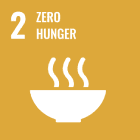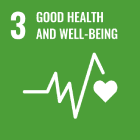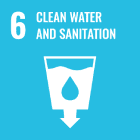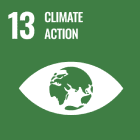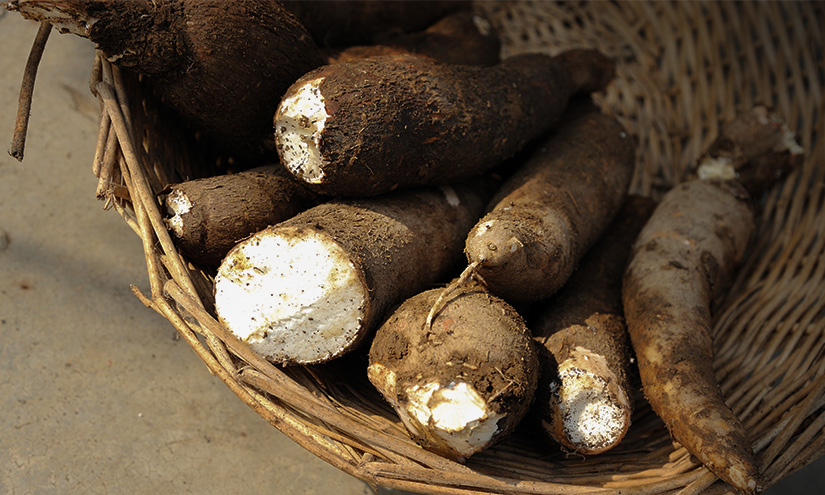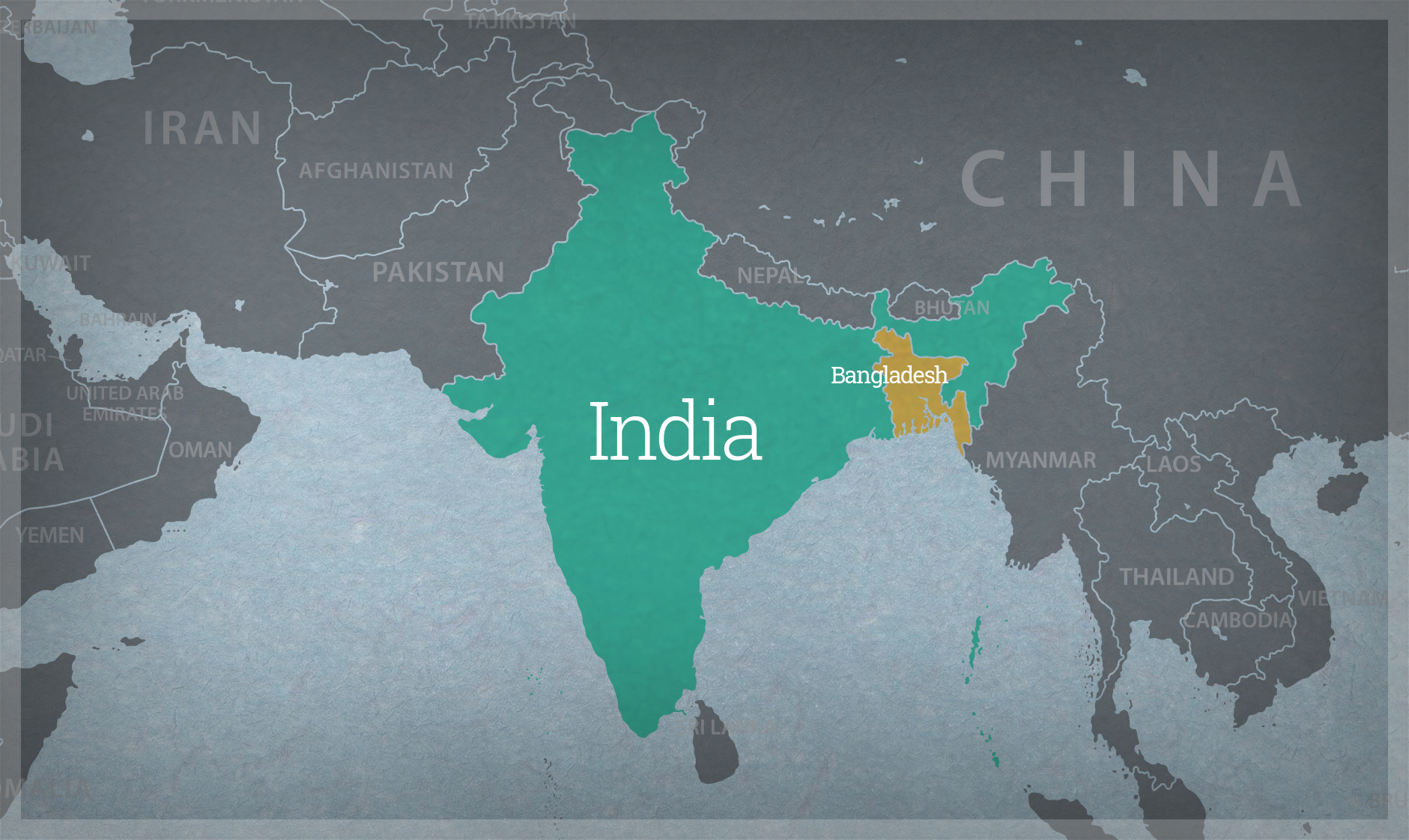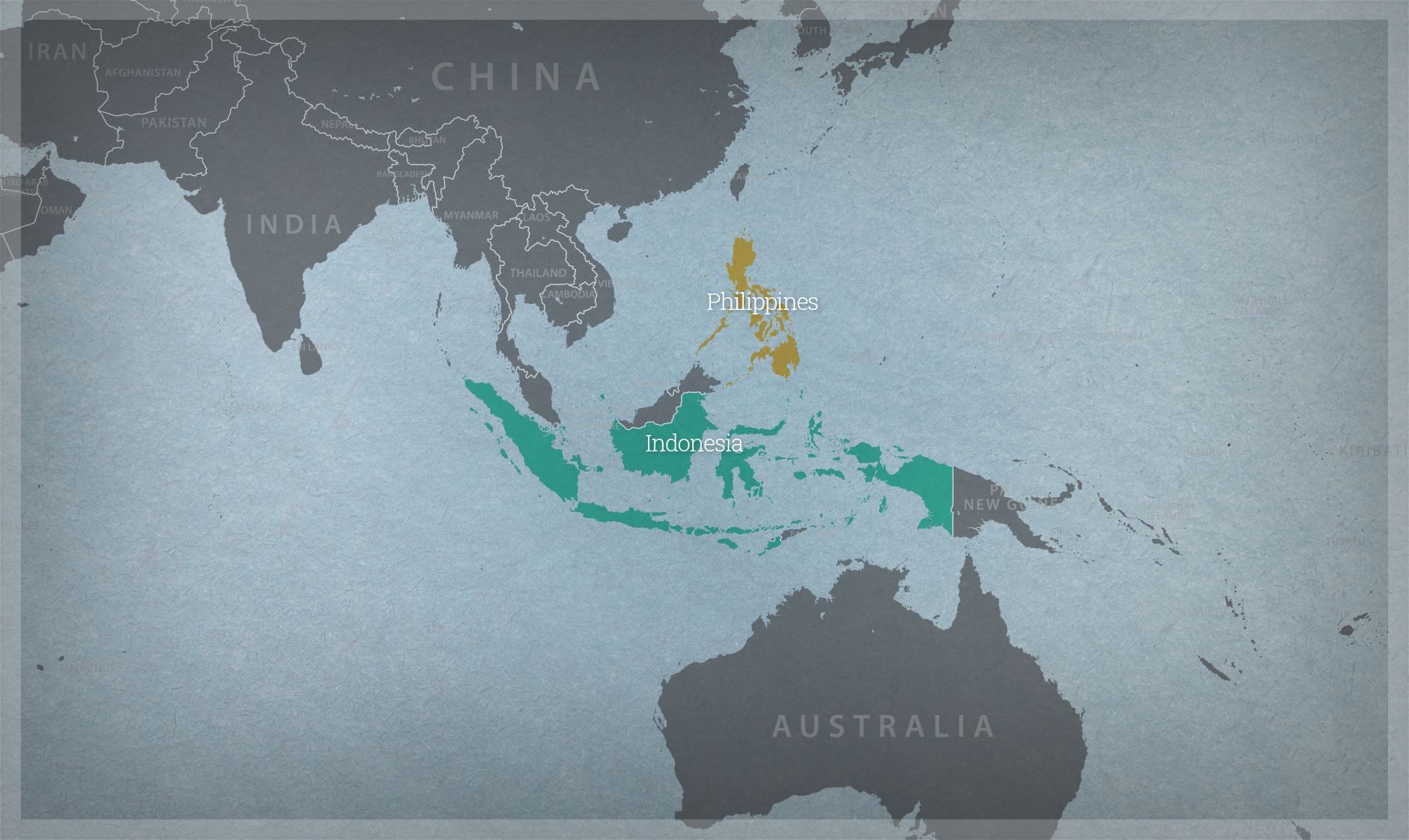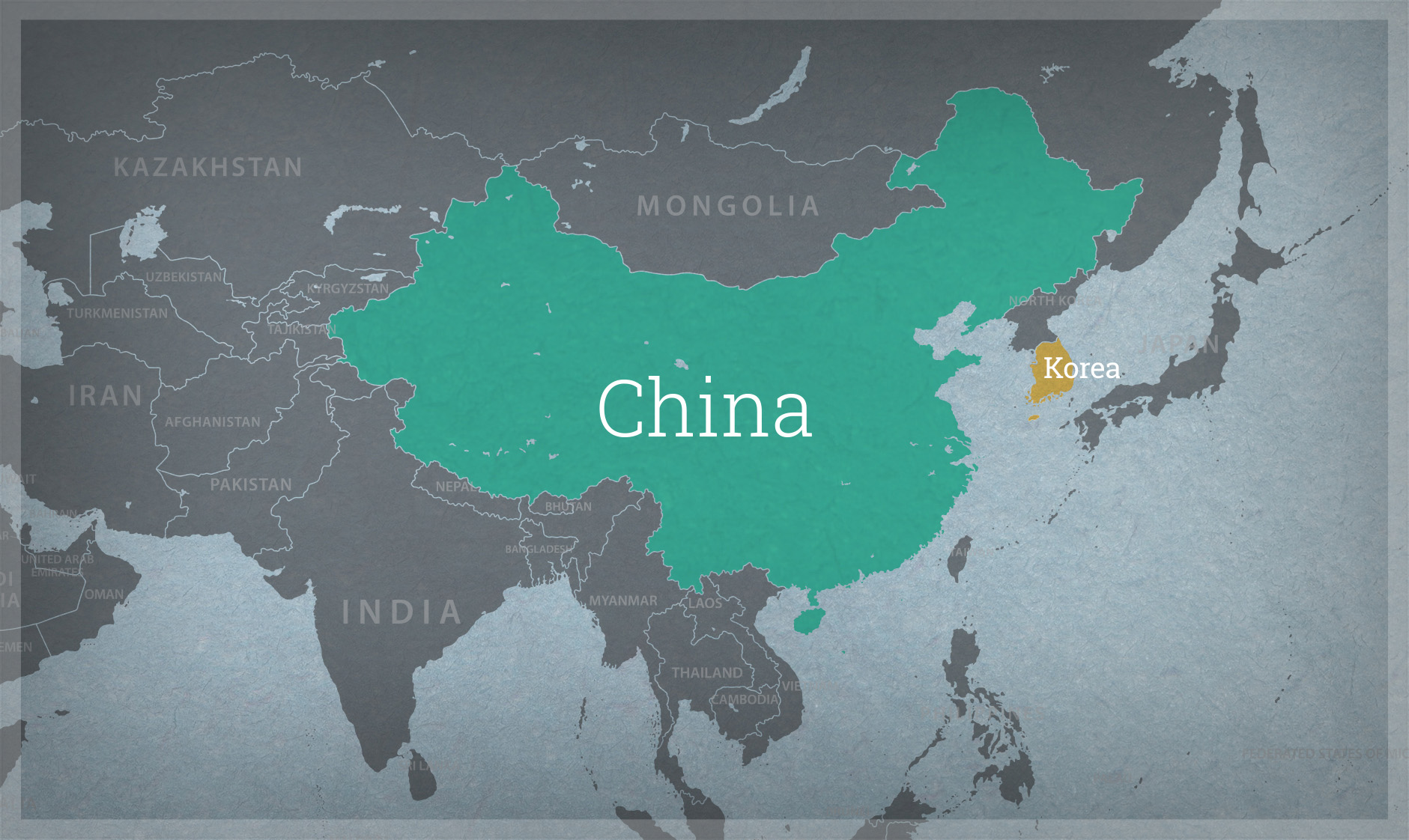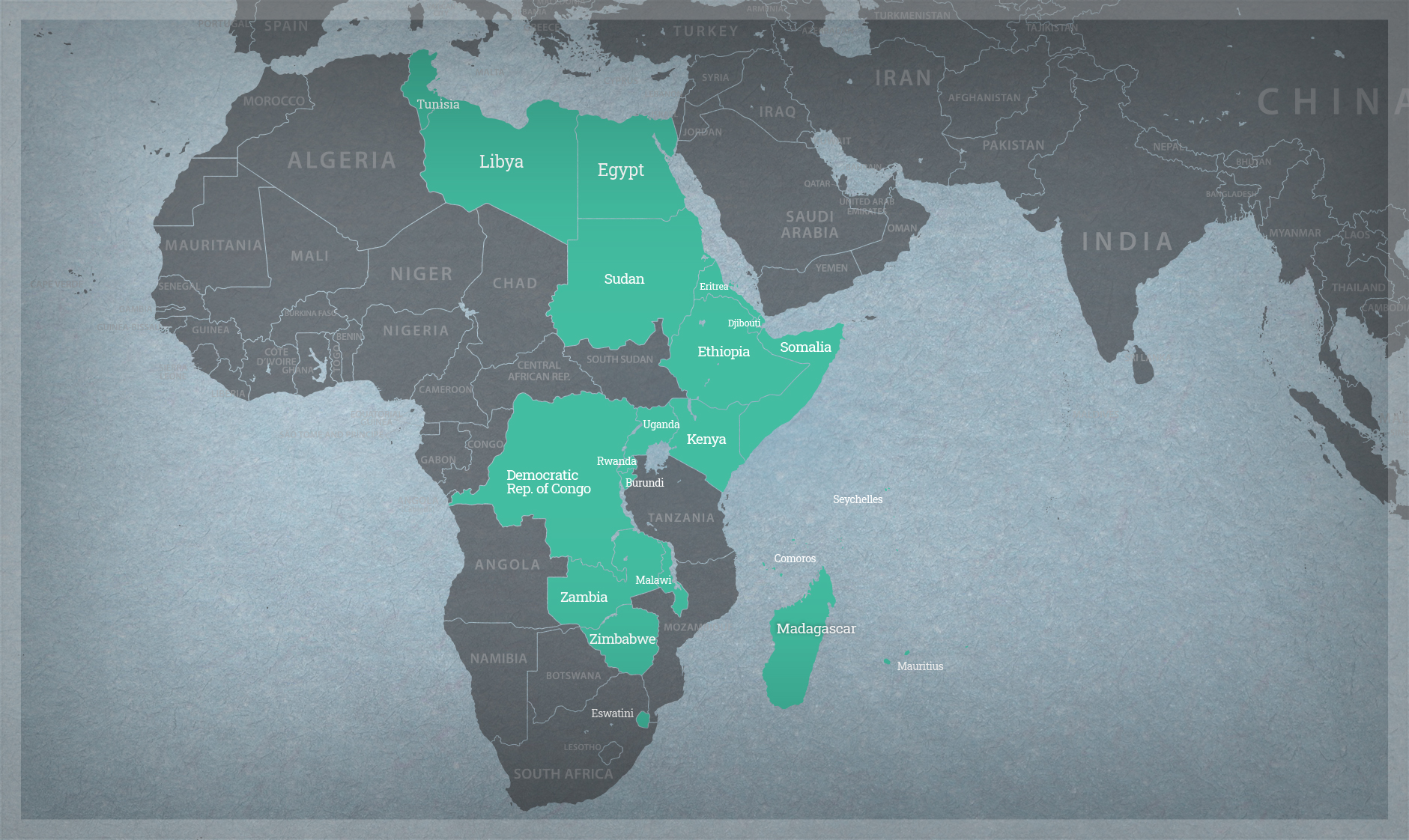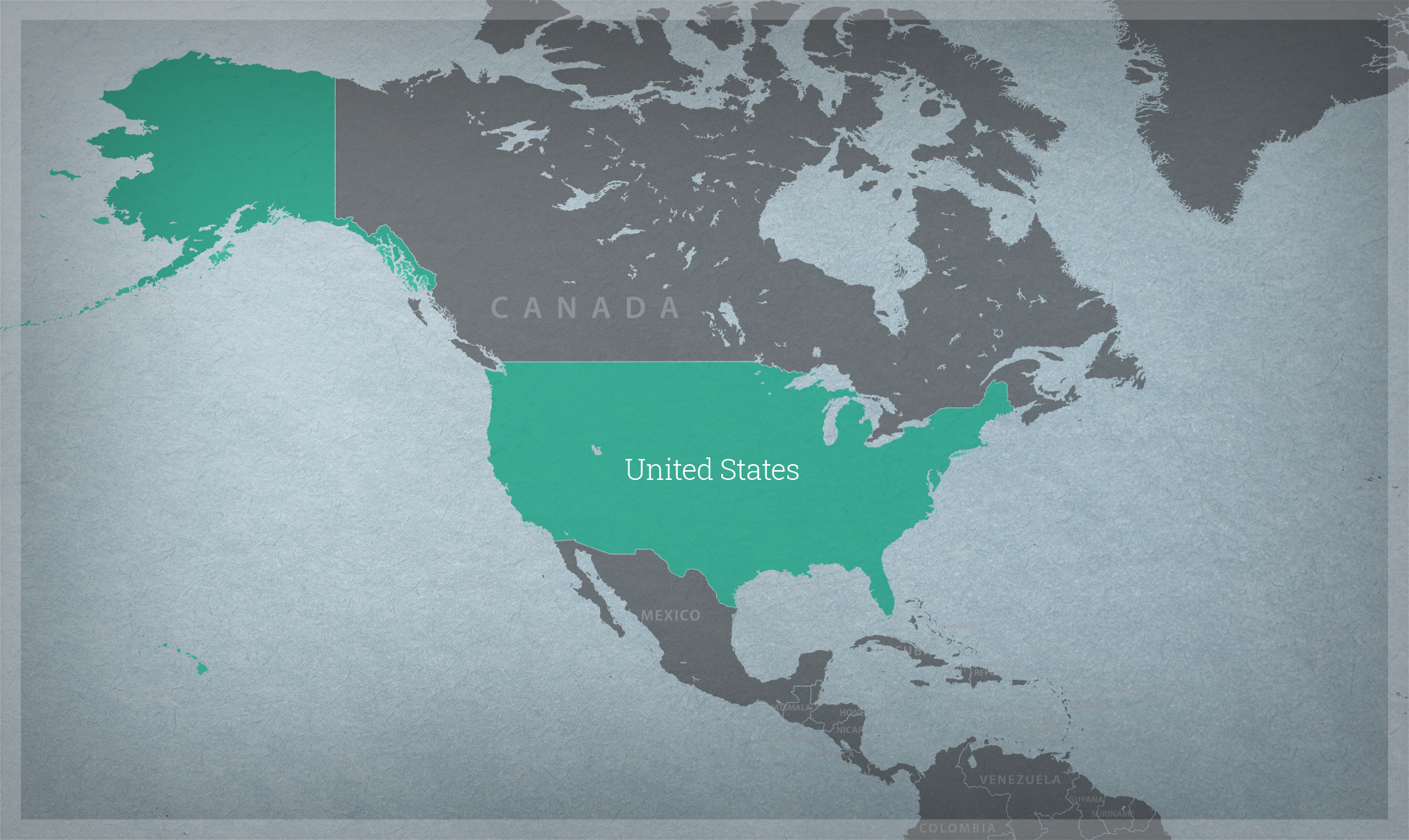At the forefront of agriculture, sustainability, and new technologies, the Agriculture & Food Systems Institute (AFSI) fosters a better world through science.
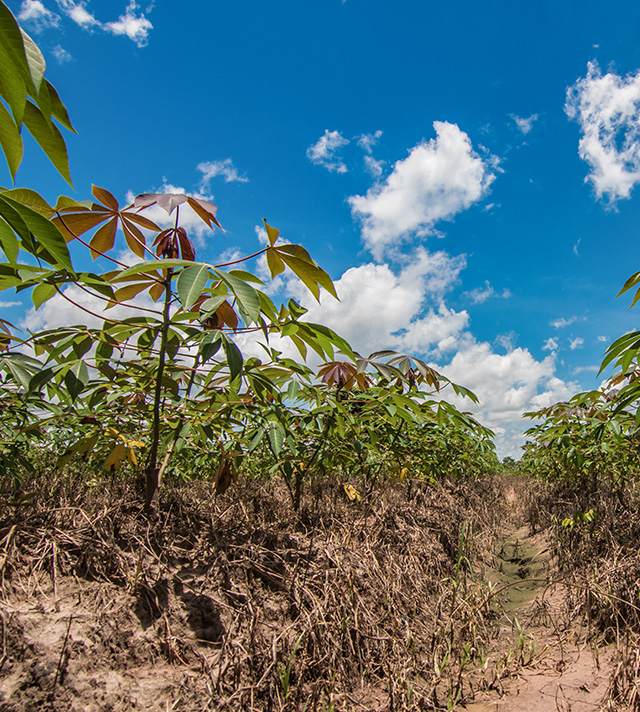
Addressing Sustainability Needs
Many forces are transforming how food, feed, and fiber will be provided to meet world needs — climate change, urbanization, competition for natural resources, changes in dietary patterns, and more. The Agriculture & Food Systems Institute is applying science to address the world’s ever-changing sustainability and food security needs.
Responding to Critical Issues
Using a transdisciplinary approach and a system-wide perspective, we collaborate with experts from around the globe to respond to critical issues. We bring trusted science and guidance to help improve agricultural productivity, support healthy populations, and conserve natural resources.
Empowering Our Stakeholders
Our work helps contribute to an understanding of these complexities and empowers our stakeholders — including farmers, academics, researchers, governments, and others — with the information they need to make informed decisions to move forward with confidence.
We invite you to join us.Who We Are
Advancing Science for Public Good
The Agriculture & Food Systems Institute is an independent nonprofit organization that advances science for the public benefit. Our mission is to achieve safe and sustainable agri-food, health, and environmental systems that improve the world. We do this through applied research, capacity-building, education, databases, and outreach.
Trusted Science That Improves Lives
Scientists and others in civil society, government and inter-governmental organizations, industry, and academia look to the Agriculture & Food Systems Institute as the source for trusted science on emerging issues. Our databases inform nutrition-related research with a goal of improving nutritional outcomes. Our work is being used to advance understanding and inform policy on agricultural systems, products of biotechnology, sustainable nutrition security, food safety, and related issues.
What We Do
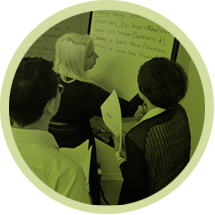
Applying Research
We promote research on emerging issues and share knowledge and data through publications, tools, and databases.

Convening Scientists
We foster scientific innovation across disciplines, sectors, and geographies through collaborative research, symposia, and workshops.

Educating Regulators
We train the next generation of leaders to address food and environmental safety through in-person and e-learning courses.
Our Approach
We are catalysts for good — synthesizing different kinds of science and perspectives to inform research and policy that will create better agricultural, environmental, and health outcomes. We pride ourselves on our approaches that acknowledge the nuances and complexities of the issues we address and that respect the communities we serve.
We look at problems through a systems lens, so that research can be integrated to achieve the widest benefit possible.
From biotechnology to biologicals, how food is produced has implications for agricultural systems, environmental issues, as well as health and nutrition.
Our research explores how solutions affect these various systems so considerations for their adoption can be informed with insight and have positive impacts.
We bring different disciplines together to get a fuller picture of potential benefits and trade-offs.
AFSI convenes scientists from across disciplines to share perspectives and foster new thinking.
For example, in our Fruit & Vegetable Supply Chains – Climate Adaptation & Mitigation Opportunities project, we convened experts in crop modeling, economic modeling, and life-cycle assessment who used current and future climate and water availability scenarios to project impacts on land use, the environment, and nutrition.
Our online tools and training reach an international audience, while our projects benefit specific populations.
AFSI’s databases and research provide information across the globe while our programs are designed for the specific needs of geographies such as India, Bangladesh, Indonesia, China, the Philippines, the United States, among others.
We work with in-country organizational partners and local staff to ensure our work is relevant to these communities.
Areas of Focus
Our work is focused and impactful — we work on select projects that make a meaningful difference in people’s lives over the long-term. When we identify an area to tackle, we are committed to seeing it through. We build relationships with governments, funders, and partners so that all parties are engaged and empowered. Building upon our expertise and reputation for excellence, we focus on the following areas:
Providing training and resources to promote science-based risk assessments of biotechnology products.
LEARN MOREImproving systematic approaches for assessing potential environmental impacts of modern biotechnology products.
LEARN MOREFostering research and data accessibility to secure a nutritious food supply for future populations.
LEARN MOREProviding training and resources needed to assess the safety of foods and feeds derived from genetically engineered plants.
LEARN MOREIncreasing the sustainability of crop production systems through research and application of biologicals.
LEARN MOREWhere We Work
Our programs are focused in specific geographies in both developed and developing countries. Our online databases and e-learning are used by scientists globally.
GEOGRAPHY
PROGRAM
South Asia Biosafety Program
Biosafety Capacity Building
Genetically Engineered Food & Feed Safety Capacity Building
Genetically Engineered Food & Feed Safety Capacity Building
ERA for the Use of Gene Drive in Mosquitos
Data Transportability for Field Trial Research
Fruit & Vegetable Supply Chains: Climate Adaptation & Mitigation Opportunities
Genetically Engineered Food & Feed Safety Capacity Building
Our Values
Objectivity
We are committed to integrity in our work and being valued as a trusted source for scientific research.
Transparency
We operate and disseminate our work in an open, honest, and visible way.
Collaborative
We bring together scientific expertise from different sectors, countries, and perspectives to inform research and policy.
Innovative
We explore the issues at the forefront of scientific inquiry.
Impactful
We are committed to having an impact by benefiting the communities we serve.


